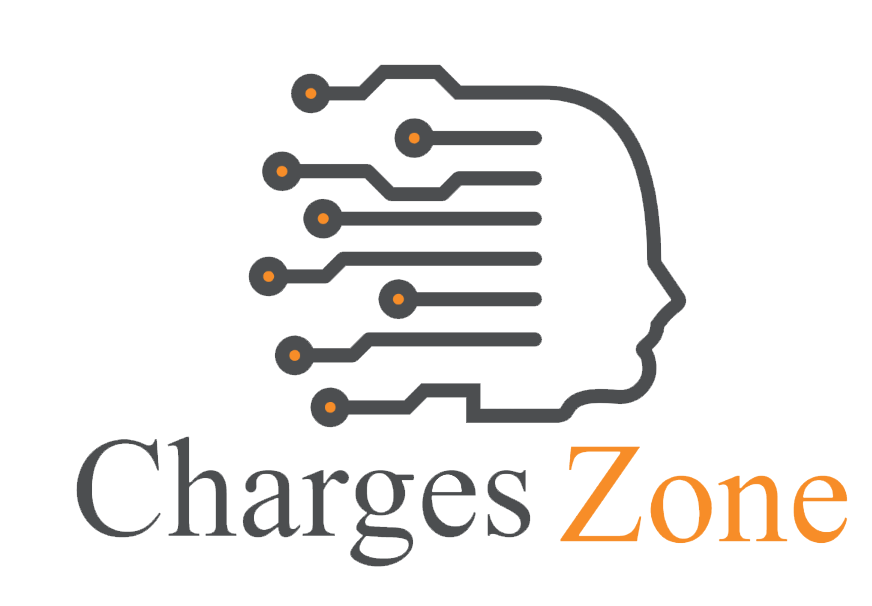Important Investing Tips to Keep In Mind
Investing is a foundational part of any sound financial plan. If you want to be financially secure, investing your money and watching it grow is an essential part of that process. But as with any aspect of personal finance, there are plenty of ways to do it wrong—and only one right way. In this guide, you’ll look at common mistakes people make when investing their money so that you can avoid them yourself!
Create an emergency fund
An emergency fund is a stash of cash you can access in case of an unforeseen financial disaster. For example, if your car breaks down and needs $1,000 in repairs, or the roof starts leaking during a storm and needs $2,000 worth of tarping, this is the money you’ll use to pay for those expenses.
It also helps prevent serious problems like losing your job or getting sick. If you have even one month’s worth of expenses saved up as insurance against these events, it can keep them from spiraling into something worse.
Intuit experts advise, “The less convenient it is to withdraw money, the less likely you are to borrow for something like a more impressive Christmas gift. Look for an account that pays high interest.”
Don’t put all your eggs in one basket
Diversify your investments. The old saying “don’t put all your eggs in one basket” is still relevant when it comes to investing. This means you shouldn’t put all your money into one type of investment (like stocks). So it’s better to spread out your investments so that you have more than one option when things go wrong—or even just so that you have more growth opportunities.
Contribute to your 401(k) plan
The 401(k) plan is an employer-sponsored retirement plan that allows you to contribute money on a tax-deferred basis. This means you don’t have to pay taxes until you withdraw your money in retirement. On the other hand, contributions to an IRA are not taxed at all while they’re in the account.
You can usually contribute up to $19,000 per year to your 401(k) plan (that’s $6,000 more than last year). If your company offers a match for contributions up to 6% or so (the typical match), then it would be smart for you to contribute at least enough so that your employer will match it.
This way, even though you only contribute 6%, it will still equate to 12%. However, if both options are open and equivalent—in other words, they have similar fees and investment options—then do both! The key here is diversifying: spreading risk around between different asset classes.
Don’t invest if you owe a lot of money
It can be a little overwhelming to think about everything you need to invest in. For example, you are thinking, “How can I possibly afford this?”
Before you start investing, it’s important you must be debt-free and have an emergency fund. You should also have a retirement fund, college savings plan or 529 plan, car fund and house fund.If all of these sound too much for your budget, then it may not be time for investing.
Investing can be a fun and exciting part of your life. The most important thing is not to get too caught up in all the excitement around investing. Remember, it’s just as important for new investors as it is for experienced ones!








